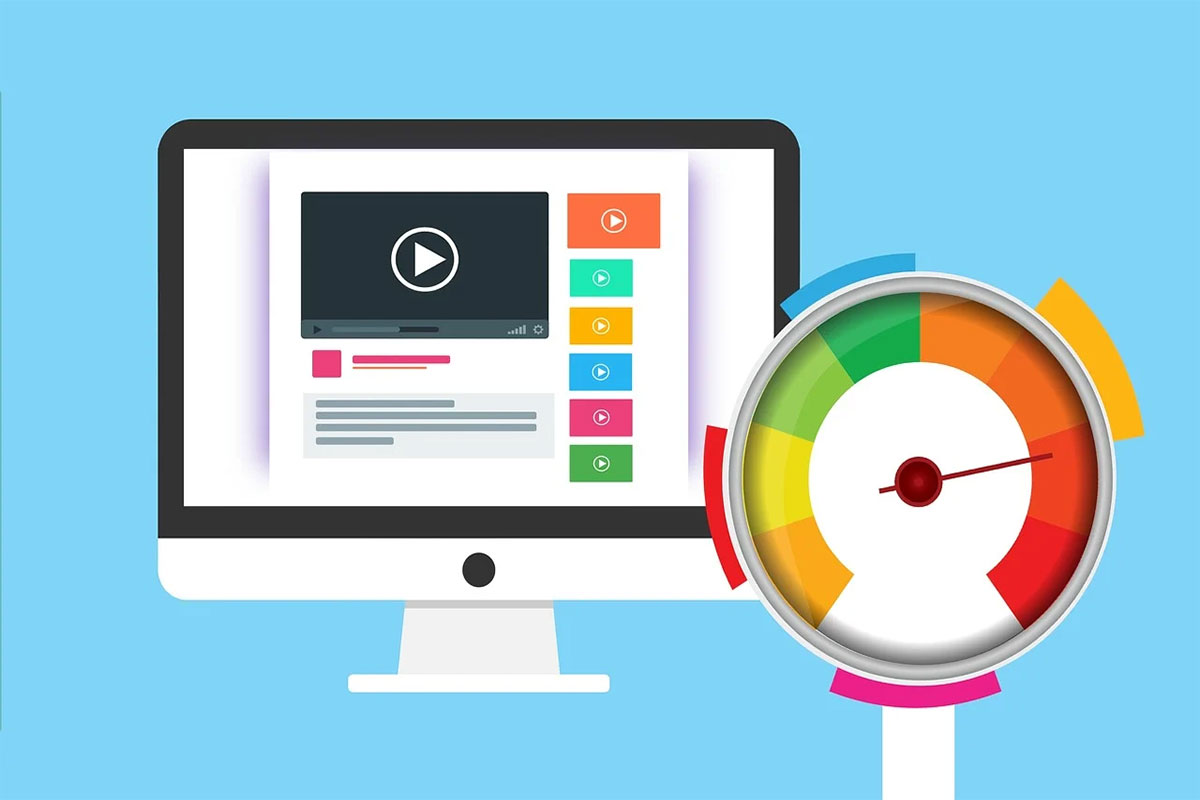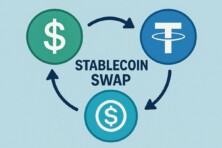Tailored to specific needs, custom dashboards offer a personalized approach to data visualization, enabling businesses to display metrics and insights that directly align with their unique objectives, workflows, and priorities. Enhanced data visualization further amplifies the effectiveness of custom dashboards, making complex data easier to understand and analyze through advanced graphical representations. This article explores the top five benefits of custom dashboard development services, ranging from improved operational decision-making and better goal tracking to enhanced accountability and seamless data integration.

Tailored to Specific Needs
Tailoring dashboards to specific needs means customizing them to display the exact metrics and data visualizations relevant to a particular business, department, or user role. This customization ensures that the information presented is directly aligned with the unique objectives, workflows, and priorities of the users.
Dashboards that are tailored to specific needs enhance the relevance and utility of the data presented, making it easier for users to understand and act upon. When users see only the most pertinent information, they can make more informed decisions quickly, focus on KPIs that matter most to their goals, and avoid being overwhelmed by extraneous data. This leads to increased efficiency, better decision-making, and improved overall performance.
Enhanced Data Visualization
Enhanced data visualization refers to the use of advanced graphical representations like charts, graphs, and interactive elements to make complex data easier to understand and analyze. It transforms raw data into visual formats that highlight trends, patterns, and anomalies clearly.
Custom dashboards increase enhanced data visualization by allowing businesses to select and design visuals that best suit their specific data and objectives. By tailoring these visual elements to their unique needs, organizations can ensure that the most critical insights are highlighted and easily accessible. This customization helps users quickly grasp complex information, facilitates better data interpretation, and supports more effective decision-making by presenting data in the most intuitive and impactful ways.
Improved Operational Decision Making
Operational Decision Making involves the daily, short-term decisions that keep a business running smoothly, such as managing resources, responding to customer needs, and optimizing processes. It requires accurate, timely information to ensure efficient operations.
Custom dashboards improve operational decision making by providing tailored, real-time access to critical data relevant to specific roles and tasks. By displaying KPIs and metrics that matter most to operations, custom dashboards help managers and staff quickly identify issues, track performance, and make informed decisions. This targeted, up-to-date information streamlines the decision-making process, reduces the risk of errors, and enhances the ability to respond promptly to changing conditions, ultimately leading to more efficient and effective operations.
Better Goal Tracking
Goal Tracking is the process of monitoring progress towards specific objectives and targets within an organization. It involves regularly measuring performance against predefined goals to ensure that efforts are aligned with the desired outcomes.
Custom dashboards improve goal tracking by providing a centralized, visual representation of parameters related to the organization’s goals. Tailored to highlight the most relevant data, these dashboards enable users to see real-time progress and trends at a glance. This continuous visibility helps teams stay focused on their objectives, quickly identify areas needing attention, and make data-driven adjustments to strategies. By simplifying and streamlining the tracking process, custom dashboards enhance accountability and increase the likelihood of achieving set goals.
Enhanced Accountability
Accountability refers to the responsibility and answerability for actions and decisions within an organization. It involves individuals or teams being transparent about their performance and outcomes, as well as being held responsible for achieving their goals and meeting expectations.
Custom dashboards improve accountability by providing clear visibility into key performance metrics, and progress towards goals. By customizing dashboards to display relevant data specific to each user’s role or objectives, individuals can easily track their performance and contributions. This transparency fosters a culture of accountability as team members are empowered to take ownership of their work and outcomes. Additionally, custom dashboards enable managers to monitor performance across the organization, identify areas for improvement, and provide targeted support and guidance where needed.
Data Integration
Data Integration is the process of combining data from different sources or systems to provide a unified view and facilitate analysis, decision-making, and reporting within an organization.
Custom dashboards enable data integration by allowing businesses to pull in data from diverse sources, such as databases, applications, spreadsheets, and APIs, and present it in a cohesive and meaningful manner. Through customization, users can configure dashboards to aggregate, visualize, and analyze data relevant to their specific needs and objectives. This integration of disparate data sources into a single dashboard provides users with a comprehensive and holistic view of their operations, helping them make informed decisions based on a complete understanding of the underlying data. Custom dashboards thus promote efficiency, accuracy, and effectiveness in decision-making processes.
Summing Up
Leveraging capabilities of custom dashboards, organizations can transform fragmented data into a cohesive and comprehensive resource, providing users with a holistic view of their operations. This newfound clarity enables teams to respond promptly to changing conditions, capitalize on emerging opportunities, and mitigate risks effectively. Compared to off-the-shelf options, custom dashboards offer tailored solutions that meet specific business needs, flexibility to incorporate unique data sources, and the ability to provide personalized insights and visualizations.









